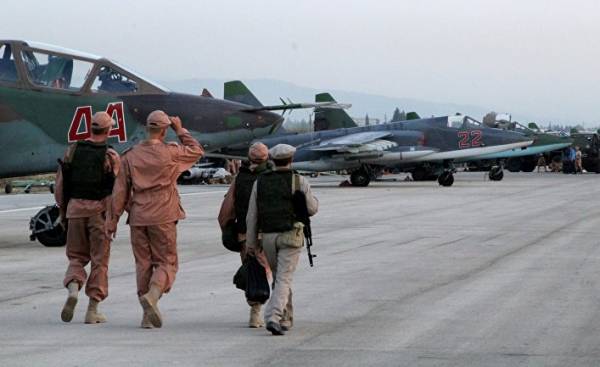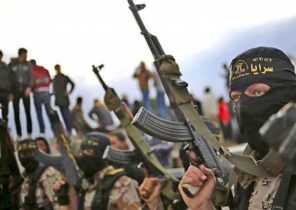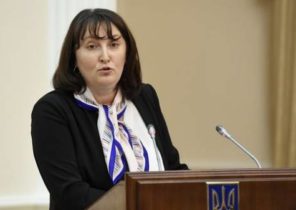
The miracle is that the incident, which directly facing the Russian and American troops in Syria, occurred so late, a year and a half after Russia intervened seriously in this country. This week, the luck ended when the plane was shot down by the Syrian air force. The pilot was charged that he attacked America supported the opposition “Syrian democratic forces.” It was the first time since the Kosovo campaign in 1999, when American fighter aircraft shot down in aerial combat.
The Kremlin’s reaction was angry, but carefully calculated. Moscow has warned that it will take any enemy aircraft flying over the territory of Syria without the permission of the regime of Bashar al-Assad; but most importantly, she gave the order to his troops in Syria about the beginning of hostilities. Moscow is closely and carefully chooses his words, not wanting to pursue the red lines, the observance of which it will then have to provide. Or, as my colleague Michael Coffman (Michael Kofman), she may not have those technical features which are necessary for such security. Presumably, flying in Syrian airspace, coalition aircraft will now be accompanied by Russian air defense radar. In fact, the Russians will provoke American pilots and their allies in the response, because otherwise the coalition will have to recognize and agree that in conducting its operations, it will face a high level of risk. It means that now Russian-American relations will depend on the nerves and the immediate reaction of the pilots and ground services, and not from the plans and priorities of presidents and diplomats. This is very similar to the plot of the novel about nuclear Apocalypse, “Alas, Babylon” (Alas, Babylon), in which a random salvo at Soviet base in Latakia was the proximate cause of a nuclear war between the two superpowers.
The Pentagon is ready for any military situation that may arise. But if we analyze the strategy of Vladimir Putin after the last major incident, when, in November 2015, the Turkish fighter jet shot down a Russian plane, for a few seconds, flew into Turkish airspace, it becomes clear that it not always responds as expected. Putin refused direct military action that could cause a reaction on the part of the allies of Turkey in NATO in accordance with their article 5 obligations, and adopted a series of asymmetric measures non-military nature. The combination of skillfully applied economic sanctions and a very clear signal about a possible change in the Russian position in the Kurdish question led to the fact that six months later, Turkish President Recep Tayyip Erdogan has brought the necessary apologies. If the problems in Syria will continue, Moscow is unlikely to want to directly test the combat capabilities of the us military, but it will find other ways and other means to make life difficult for US throughout the middle East region. And because on the horizon loomed the new us sanctions, Putin may feel that he’s got nothing to lose, and he will go on intensifying the confrontation.
And here another question arises. If you look at the numerous hearings in Russia held in the last few weeks, there are many signs of cognitive dissonance. Russia at the same time portray a strong enemy, can weaken and undermine the collective strength of the Alliance, and the regime on the verge of collapse, which is sure to yield to pressure from the United States. The danger of this approach lies in the fact that America can go on confrontation with Russia without proper preparation and determination.
Today it is abundantly clear that there can be no question of any major deal with the Kremlin, which said the administration of the trump at the beginning of their work. It is possible that the differences in the goals and interests of Russia and America are too great and cannot be overcome by any compromises. And if so, then the United States should carefully think about their next steps, without getting involved in the conflict with Russia in the Syrian sky, which they do not want and do not foresee.
Nikolas Gvosdev is a senior editor of the National Interest, Professor of the naval College of the United States, dealing with issues of national security.






